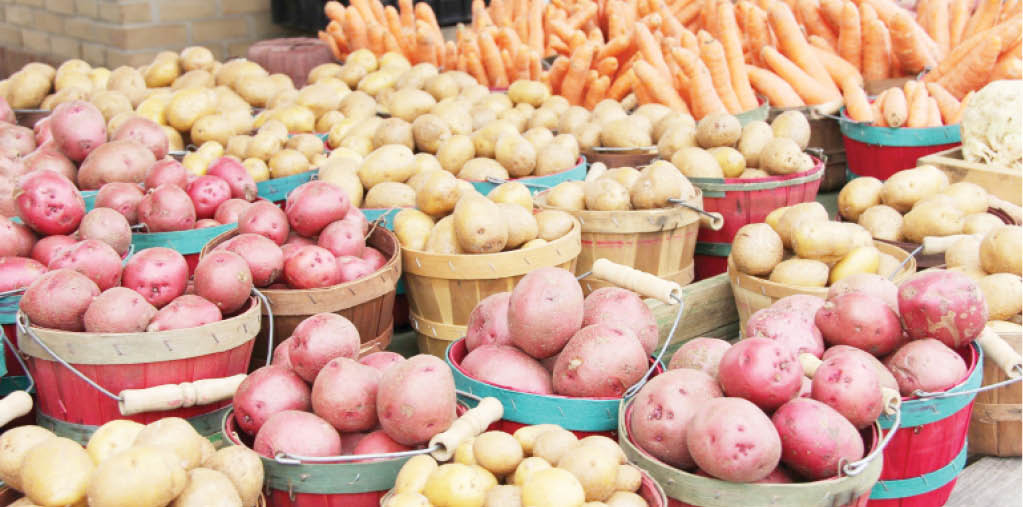The Minister of Agriculture and Rural Development, Alhaji Muhammad Nanono, has given reasons why some Nigerians still sleep with hunger even though the country produces enough food to eat.
The minister, who was speaking at the recently concluded Feed Nigeria Summit in Abuja, said this happen because they did not have enough money to buy the food.
- PODCAST: The Untold Pains Of Miscarriage
- What Buhari has done to bandits is worse than declaring them terrorists – Garba Shehu
He attributed the problem to unemployment, which inhibited people from earning money for food, rent or education, saying this is a great challenge to the country.
“I recently met with some young Nigerians who are into processing and synergising agriculture with industry, and that is exactly what we need in this country.
“Unless we create that relationship and make it strong, poverty will persist.
There is no seminar on agriculture I have attended that does not mention our value chains. We have done a lot in that regard and have even gained international recognition.
“If we do not focus on how to remove this fundamental issue of an army of unemployed youths and move them to be gainfully employed, we are doing nothing. The relationship between the agricultural and industrial sectors is a must,” he said.
Nanono said the federal government had continued to implement new strategies to aid the development of the agricultural sector and strengthen the value chain.
“The focus of the National Agricultural Transformation and Innovation Plan (NATIP) is to aid a new strategy that will strengthen the agricultural financial system, reduce food imports and help to refocus attention on agriculture as a key driver of the Nigerian economy,’’ he said.
He lamented that Nigeria still imported a significant amount of food and not earning as much foreign exchange as we should from agriculture.
The minister said that for this reason, it had become imperative to re-strategise and deploy innovation to tackle the longstanding issues and lead Nigeria towards food sufficiency.
Earlier, the Minister of State for Agriculture and Rural Development, Mustapha Shehuri, described the country’s food system as weak and vulnerable.
Represented by the Director, Federal Department of Agriculture, Hajiya Karima Babangida, Shehuri said the summit would assist the ministry to re-examine the weak link, with a view to strengthening it for an agricultural system that will work for Nigeria and stabilise food security.
He said the ministry was determined to create a functional food system that would guarantee all citizens unrestricted access to good quality, nutritious and safe food.
“This underscores the various programmes and interventions that are on-going in the ministry in areas of agricultural livelihood and support, food safety, and the provision of infrastructure in different ecological zones of the country,” he said.
He added that for a sustainable food system, the country must rise to overcome the challenges of poor quality food supplies, hunger, malnutrition and improper habit of promoting food wastage.
“This is the acceptable consumption behaviour globally, to which the average Nigerian, especially in the urban areas, pays little or no attention.
“If we devote so much to produce, we should pay more attention to avoid waste because of its negative economic and environmental impact,” he added.

 Join Daily Trust WhatsApp Community For Quick Access To News and Happenings Around You.
Join Daily Trust WhatsApp Community For Quick Access To News and Happenings Around You.


